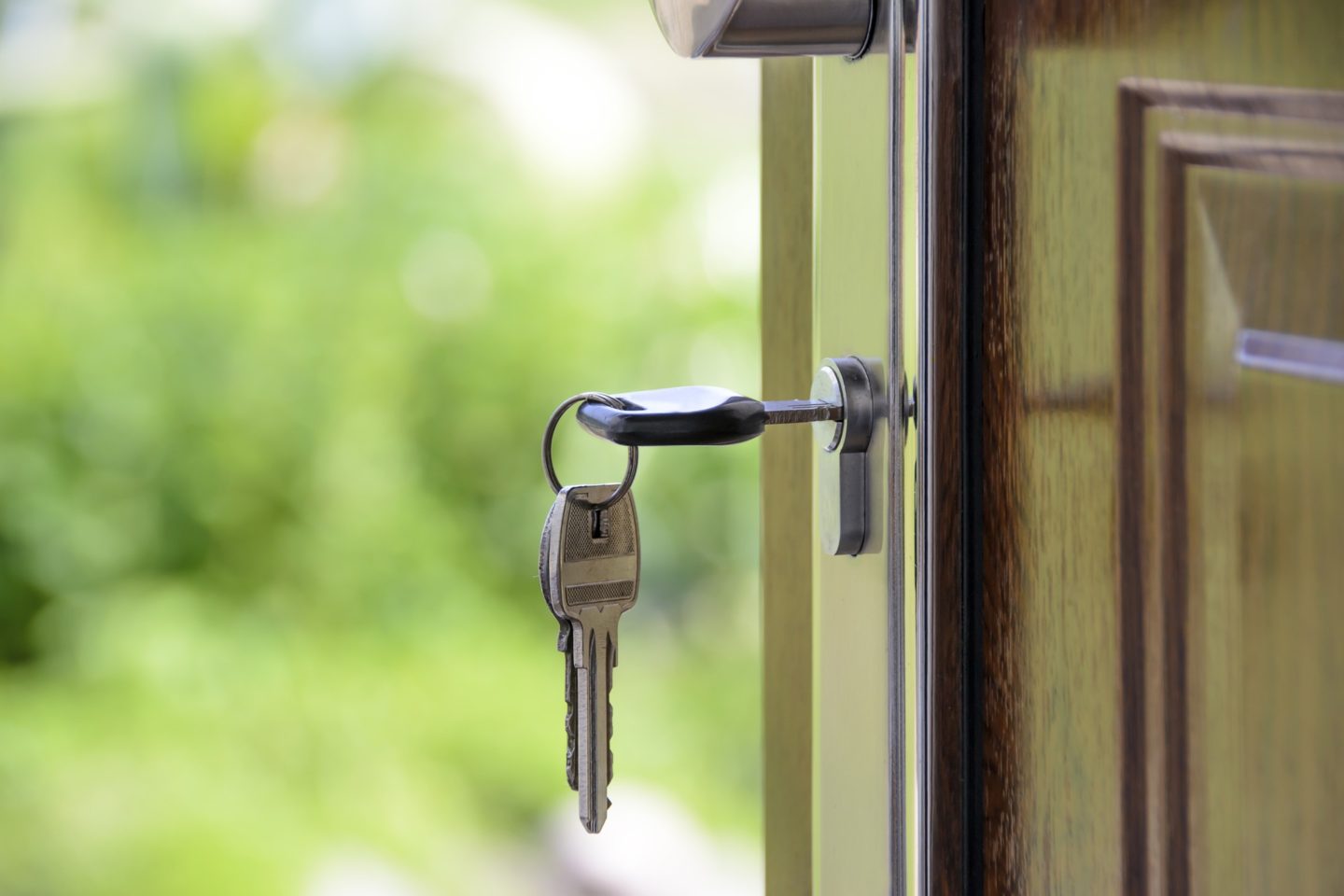There is nothing more frustrating than finding the home of your dreams and then having to wait months for the mortgage to be approved before you can move in. This is a nail-biting time as you know that things can go wrong while you are waiting, and it could mean that you don’t get the keys to your dream home after all. All this waiting and worrying is made worse by the fact that you may not know what the holdup is. Here are seven possible reasons why your mortgage approval could be delayed.
Missing Information
If the mortgage company doesn’t have all the information that they need to agree to your mortgage, this can cause delays. It is frustrating when your lender or mortgage broker calls you to ask for additional information but the sooner you can get it to them, the better. They can’t move forward without all the information they need and while it is frustrating to dig out even more paperwork, it is in your best interests to do so as quickly as possible.
References Not Returned
A mortgage lender may ask your employer or your current landlord for a reference. This is to confirm your employment and make sure you pay your rent on time. It may take a while for your employer or landlord to get back to them with the information they need but if they can’t proceed without it then your approval will be delayed.
If this is the problem, then you could try chasing up these references yourself and letting the people who need to provide them know how important this is to you. This should encourage them to send your references to the mortgage company and they can proceed with your application.
 Incorrect Information
Incorrect Information
Incorrect information can hold up a mortgage approval as this has to be investigated. It could be as simple as forgetting to update your address on your driving license when you last moved house, in which case they may ask you for additional proof of address. It could be that your employment changed after you applied for the mortgage, so you no longer work for the company listed on your application.
To avoid this, make your potential mortgage lender aware of any changes that have happened and keep your information up to date. This may reduce the time it takes for your mortgage to be approved.
Inaccurate Credit Report
A mortgage lender will check your credit history and previous financial conduct before they will approve a mortgage. They usually do this by obtaining a report from a company such as Equifax that will show how you have managed your money in the past and give you a credit rating. It will also highlight any financial problems such as CCJs, IVAs, or bankruptcy.
You should always declare your credit history to a lender. They will find out about any issues you have had and not being upfront about them can stop your mortgage from being approved. Depending on your credit history, a lender might refuse your mortgage even if you do declare everything accurately. In this instance, you should look for another lender who is willing to lend to you.
If you are unsure of what is on your credit report, you can use the same company to check your credit report. It is a good idea to do this before you apply for a mortgage in case there are any issues highlighted on it that you weren’t aware of.
Electoral Roll
The electoral roll is where voters are registered to vote. Mortgage lenders check this against your background information and address history. If you aren’t registered on the electoral roll, it can delay your mortgage approval because the mortgage lender has to find an alternative way of verifying your details.
To avoid delays, make sure you are on the electoral role before you apply for a mortgage. It doesn’t force you to cast a vote if you don’t want to, but it can help your mortgage get approved without delay.
 Survey Information
Survey Information
A basic survey is carried out to make sure that the property is a good risk for the lender to lend money against. This can affect your mortgage approval if the surveyor reports that there is a problem with the property. How you deal with this really depends on what the problem is. You may decide that you don’t want to proceed with buying this property and look for another one. However, if the issue is less major you could apply for a specialist report to investigate the problem further so that both you and your mortgage lender can make an informed decision. Your lender can tell you what type of report you need. Ecology surveys and tree surveys are the most common. Treesurvey.co.uk can offer you a fast, reliable tree survey at a reasonable price and this will tell you if there is a major problem and suggest what could be done to rectify it.
Downgrading
A basic survey will value the property depending on what the surveyor thinks it is worth. They look at the condition of the property, the location, and comparable sale prices in the area. If they do not think that the property is worth what you are paying for it, then they will note this in their report and the mortgage approval could be delayed.
This doesn’t need to be bad news. You can use this information to negotiate a lower sale price for the property or rethink your purchase. If your seller won’t budge on the price, it is worth asking your lender if they can still lend to you. Depending on how the figures stack up, it may not have an impact on their lending decision, or they could offer you a different rate. You should consider what you want to do carefully but this doesn’t have to be the end of the world.
These are the seven most common reasons why your mortgage approval could be delayed. However, many of them can be tackled before you apply for a mortgage. Take care of these issues if you can and your application process will be a lot smoother.

 Incorrect Information
Incorrect Information Survey Information
Survey Information